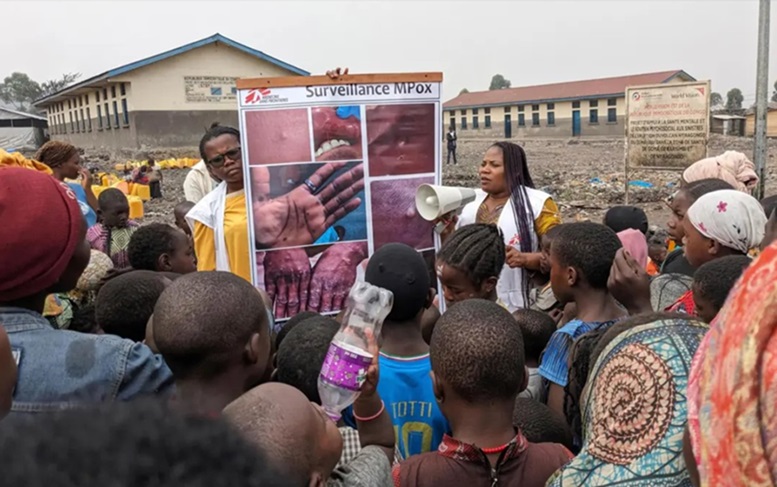In a world still reeling from the impact of COVID-19, a new viral threat is casting a shadow: mpox. The World Health Organization (WHO) has declared the spread of mpox, a virus known for its unsettling symptoms and severe impact, as a “public health emergency of international concern” for the second time in just two years.
This ominous-sounding declaration, or PHEIC, is WHO’s highest alert level—a call to action for nations across the globe to unite and combat a disease that is spreading in unexpected ways. The announcement comes on the heels of a similar warning from the Africa Centres for Disease Control and Prevention, underscoring the urgency of the situation.
For those unfamiliar, mpox might seem like a new threat, but it’s far from it. The virus has been a persistent public health issue in parts of Africa for decades. The first human case was reported in Congo in 1970, and since then, the region has faced numerous outbreaks. The current crisis, however, is the worst Congo has ever seen, with over 27,000 cases and more than 1,100 deaths reported since the beginning of 2023. What’s particularly alarming is that children are among the hardest hit.
Mpox is a virus that manifests in flu-like symptoms and pus-filled lesions, and while it is usually mild, it can be deadly, particularly for children, pregnant women, and those with weakened immune systems. The disease is spreading in Congo in two distinct forms: the endemic strain that has been around for years, and a new, rapidly spreading variant. This new strain is raising eyebrows globally because it appears to be more contagious, spreading not only through sexual contact but also among close-knit communities, such as children in displacement camps.
The international community is on high alert. Scientists are racing against the clock to study this new strain and develop strategies to contain it. The hope is that the emergency declarations will unlock much-needed resources, medical tools, and funding to aid Congo in its battle against the virus. Unfortunately, history is not on our side. A similar WHO appeal in 2022 for $34 million to fight mpox went unanswered by global donors. Vaccine equity remains a glaring issue, with African nations still lacking access to the vaccines that helped control the global outbreak two years ago.
Mpox is a serious health issue, particularly for vulnerable populations in affected regions. However, it’s not COVID-19. The virus does not spread as easily through the air, and we have effective tools at our disposal to contain it and protect those most at risk. The challenge now is ensuring these tools reach the people who need them most, particularly in Congo and neighboring countries. The emergency declarations from WHO and Africa CDC are a clarion call to the world: the time to act is now. The lives of some of the most vulnerable people depend on it.
(Source: Associated Press | World Health Organization)









